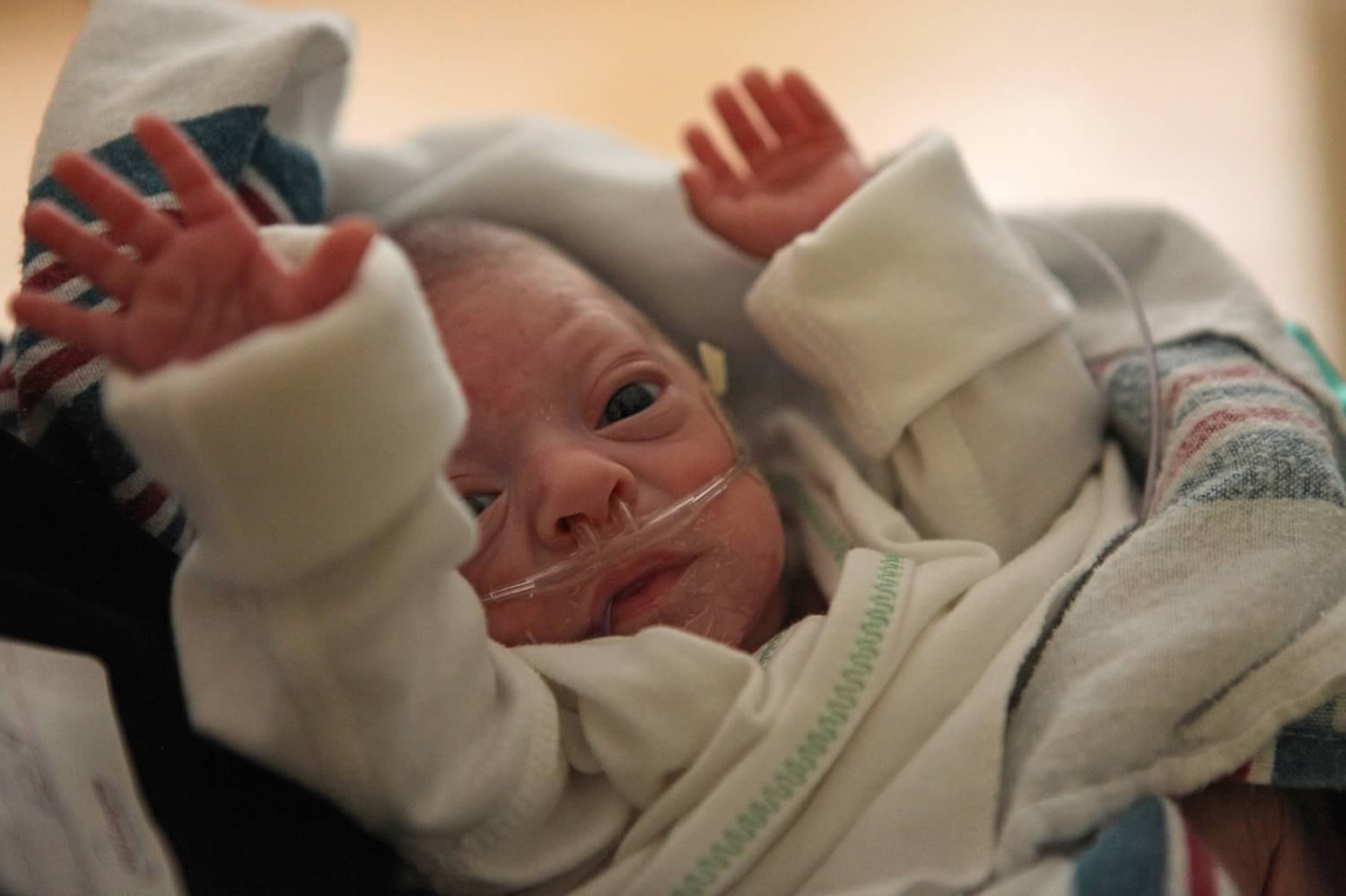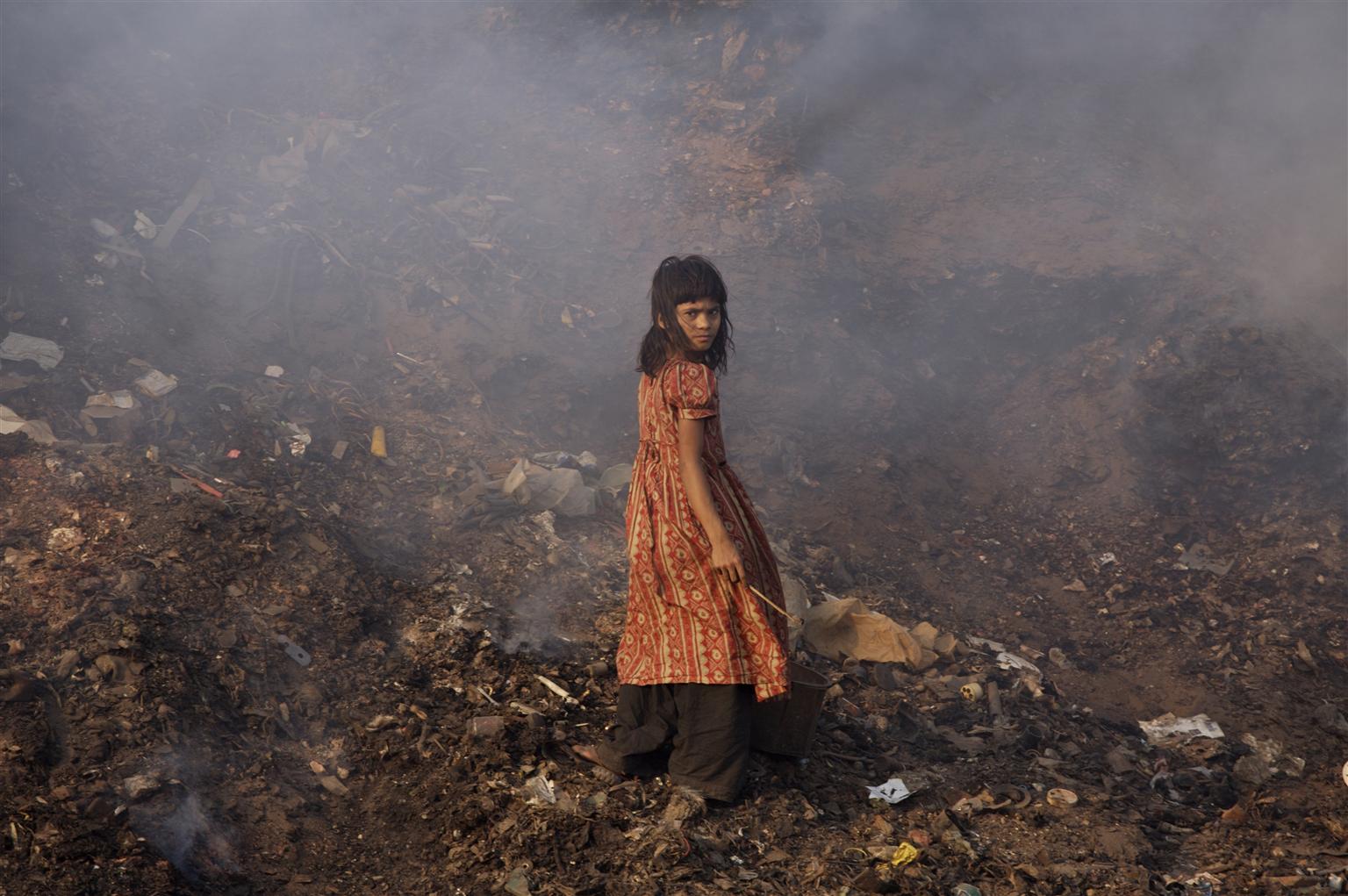Effects of Climate Change on Unborn Offsprings
A California study found a mother’s exposure to wildfires in the month before conception doubled the risk of a birth defect called gastroschisis, where a baby’s intestines and sometimes other organs protrude out of the body through a small hole in the skin.The scientists examined two million births, 40% of them to mothers living within 15 miles of a wildfire and the resulting air pollution, which was already known to be harmful to pregnant women and their foetuses. They found a 28% rise in the risk of the birth defect in mothers living close to wildfires in the first trimester of pregnancy.Worldwide, cases are increasing. According to California State University professor Bo Young Park, “Human exposure to wildfires is predicted to rise in the next decades.” Therefore, it’s essential to have a solid grasp of the bad health effects linked to wildfires.
Recent investigations focused on preterm birth and high temperatures. Researchers in Australia’s New South Wales examined one million pregnant women between the years of 2005 and 2014; 3% of these women gave birth to their babies before 37 weeks. People who spent the week before delivery in the state’s warmest 5% of locales had a 16 percent increased risk of having a child prematurely.
The NCC study, which studied 56 million births in US counties, was the greatest investigation on the connection between temperature and gestation.
The usual gestational period, or full-term pregnancy, is 40 weeks. Even though very premature babies face the biggest medical challenges, numerous longitudinal studies demonstrate that late preterm (kids delivered at 34 to 36 weeks) and early term (37 to 38 weeks) deliveries pose a major danger to life, growth, and development. These slightly preterm infants are more likely to develop neurological defects, high blood pressure, behavioral problems, and respiratory problems in later life. The academic outcomes of early babies are also considerably impacted, according to a millennium cohort study of 6,000 British children.

The danger of altered neurodevelopment, that can result in lower IQs, difficulties performing complex tasks kinesthetic awareness, and neurological conditions in children and teenagers, has been linked by experts to air pollution from traffic.
Similar evidence suggests that prolonged heat exposure can cause hyperthermia, which changes brain development and impairs learning and long-term memory. Omega-3 fatty acids are essential for a child’s healthy brain development, but according to some research, 96 percent of the world’s population may not have access to them due to rising water temperatures brought on by a warming planet.
